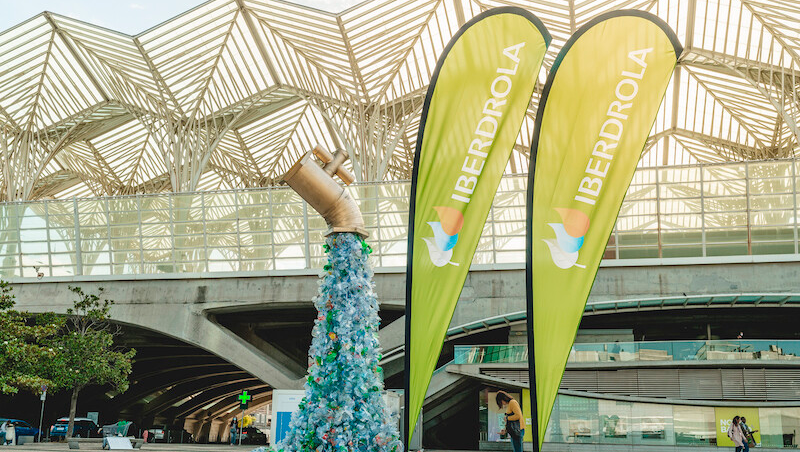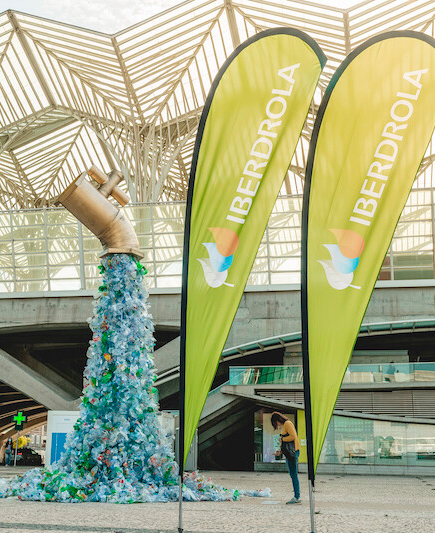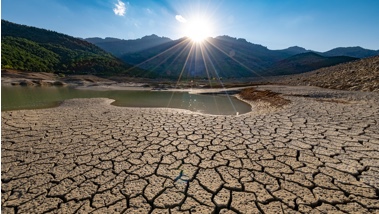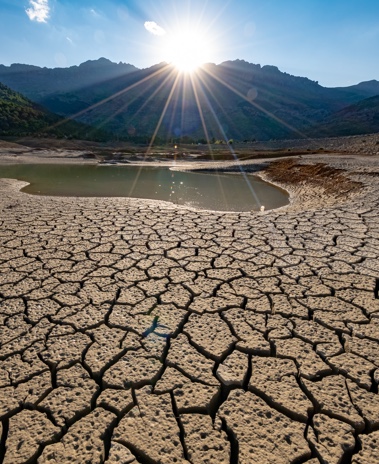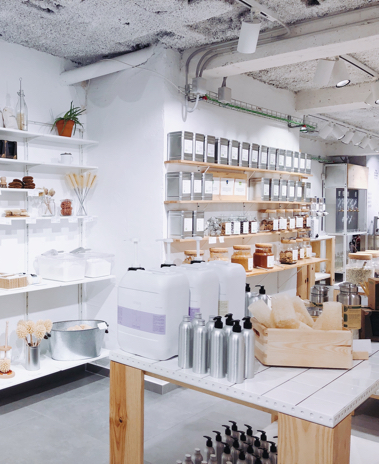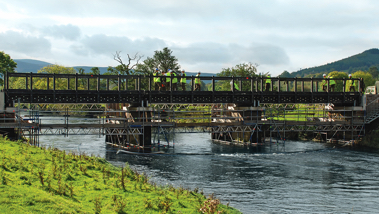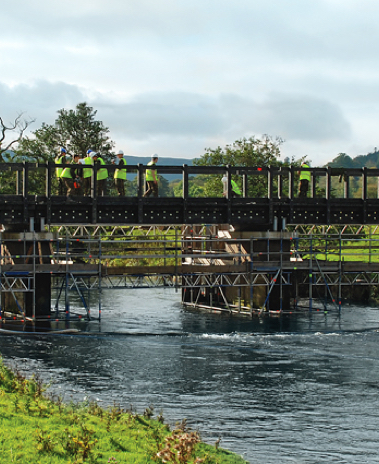#plastic
Reducing the consumption of plastics is essential to preserve our planet and reduce its impact on the environment. However, this reduction implies not only a change in habits, but also a change in mentality. For this reason, the Iberdrola group, among other things, has positioned itself along the same lines as the SDGs.
-
A sculpture of an open tap spewing out rubbish - composed entirely of plastic - instead of water - was the symbol of the 2nd United Nations Ocean Conference (UNOC), held this year in Lisbon.
The UN, which has been fighting desertification since 1994, defines it as the process of land degradation in arid, semi-arid and dry sub-humid areas as a result of various climatic and human factors. With climate change, these factors have only multiplied and it is now considered one of the world's major environmental problems.
-
Minimalism, originally an architectural trend that seeks to reduce works to the essentials, has been transferred to other areas. The idea is very simple: less is more, which applied, for example, to our daily lives means reducing the use and consumption of material goods as much as possible. This way of being in the world has positive effects on the environment and recent environmental initiatives, such as the Zero Waste movement, are very close to it.
Living without plastics is possible. At least it is in Aberporth, a small tourist village on the west coast of Wales. Its 1,100 inhabitants have reduced their consumption to make their village the world's first plastic-free community thanks to Plastic-free Aberporth, an initiative led by local resident and filmmaker Gail Tudor.
-
Experts calculate that over eight tonnes of non-biodegradable plastic end up in the seas and oceans every year. In the fight against this enemy, it is vital for the big supermarkets to take a stand, but small plastic-free supermarkets like unPacked in Madrid and YES FUTURE in Barcelona are pioneers in a battle that is being fought with weapons like bulk buying, reusing containers and using cloth shopping bags.
Plastic is environmentally harmful because it does not degrade: did you know that plastic bottles can take more than five centuries to break down? But, what if bottles and other plastic waste could be transformed to our advantage? Armed with this challenge, researchers from Rutgers University in the United States have created a 100% recycled and recyclable thermoplastic material which is now being used in construction. This led to the creation of the world's longest recycled plastic bridge located in the Scottish county of Peeblesshire.





